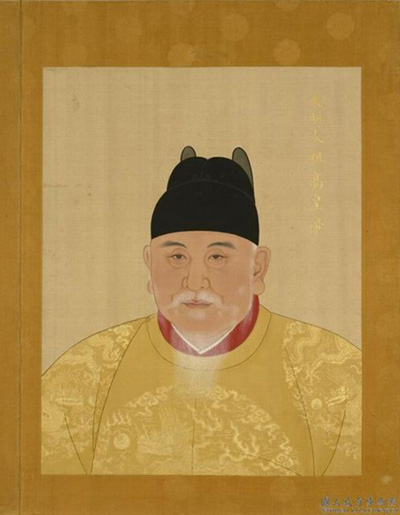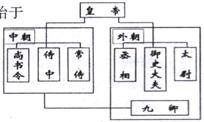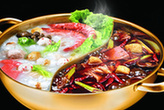 |
A picture of Zhu Yuanzhang, the Emperor Taizu of the Ming dynasty. |
Under the reign of Zhu Yuanzhang (Emperor Taizu of the Ming, also called Emperor Hongwu), Prime Minister Hu Weiyong arrogated all authority to himself and accepted bribes, which stirred the wrath of other officers and the people. In 1380, a subordinate of Hu Weiyong reported to Zhu Yuanzhang that Hu Weiyong met with the envoy of another country secretly, attempting to rebel. After 4 days, Zhu Yuanzhang killed Hu Weiyong, and soon abolished the Chancellery of China, taking over direct responsibility of the Three Departments and Six Ministries, although the later Grand Secretariat would aid the emperor in managing the state.

This reform is considered as a major event in Chinese political history, since it directly affects the political frame for hundreds of years.
Chancellery of China
The Chancellor (simplified Chinese: 丞相 or 宰相), variously translated as Prime Minister, Premier or Chief Councillor, was a generic name given to the highest-ranking official in the imperial government in ancient China. The Chancellor can also refer to a specific post in the imperial government, which was first officially instituted in Qin Dynasty (221 BC-206 BC) as the "head of all civil service officials". The term was known by many different names throughout Chinese history, and the exact extent of the powers associated with the position fluctuated greatly even during a particular dynasty.





Why not rent a boyfriend, or girlfriend to please parents during the Spring Festival?